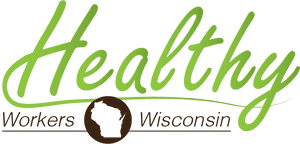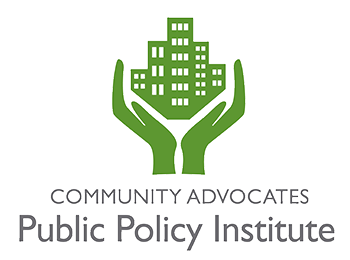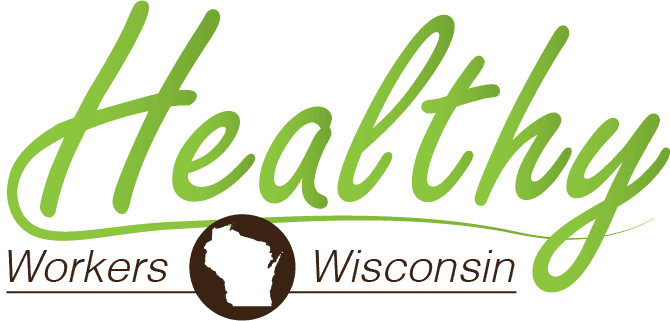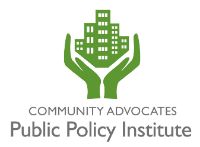The Healthy Workers, Healthy Wisconsin project launched in 2017 with a five-year award from the Wisconsin Partnership Program at the University of Wisconsin School of Medicine and Public Health. This pilot project aims to improve the health, resilience, and economic well-being of residents in some of the poorest and most economically isolated communities in Wisconsin. We are connecting participants to employment programs, health insurance, and, if desired, physical and behavioral health services. University of Wisconsin-Milwaukee is evaluating the project.
Specifically, Healthy Workers, Healthy Wisconsin aims to improve the health and well-being of participants by combining:
- Employment services
- Health insurance coverage with primary care physician visits
- Trauma screening with referral to behavioral health services

Put the lessons of Healthy Workers, Healthy Wisconsin into action. Open the HWHW resource toolbox now.
We expect that participation in Healthy Workers, Healthy Wisconsin will remove many barriers that are currently preventing employees from being successful at work. First, employment services help individuals with an inconsistent work history and very low income to gain employment and in-demand job skills, at least in the short term. Secondly, participants will become connected to health care, if they don’t already have it, which will improve their health and resiliency and reduce absences at work. Lastly, participants will have a unique opportunity to be screened for early exposure to trauma. As we’re learning every day, trauma is not only highly prevalent among low-income workers – precisely the workers this project reaches out to – but it can also interfere with job performance.
Critical partners in this project include:
-
Employment Services: UMOS, Center for Self-Sufficiency, Employ Milwaukee, JobsWork MKE, Mindful Staffing, America Works
-
Primary Care Services: Bread of Healing Clinic, Advocate Aurora Health, Progressive Community Health Centers
-
Trauma-informed Health Services: Manna Behavioral Services, Alma Center, Bread of Healing, D&S Healing Center, Walker’s Point Youth & Family Services
Healthy Workers, Healthy Wisconsin builds on the Public Policy Institute’s long history with Transitional Jobs. PPI was the driving force behind the Transitional Jobs Demonstration Project in the 2009 state budget, as well as the subsequent Wisconsin Families Jobs Act, which lifted the cap on Transitional Jobs.

An evaluation of the Transitional Jobs Demonstration Project found that participants were among the most economically disadvantaged in the state. Average annual earnings the previous year was a mere $1,966; two-thirds were African American; half were under 30; a full 39% had a felony conviction; and almost two-thirds had not worked in the previous six months.
But thanks to the experience they gained in their Transitional Job, 63% of the participants were able to land and sustain long-term unsubsidized employment, according to DCF's five-year study.
The integration of physical and trauma-informed behavioral health care services into Transitional Jobs will surely enhance workers’ chances of success and well-being.
Interested in learning more about Healthy Workers, Healthy Wisconsin? Contact Conor Williams at cwilliams@communityadvocates.net or 262-442-4646.






